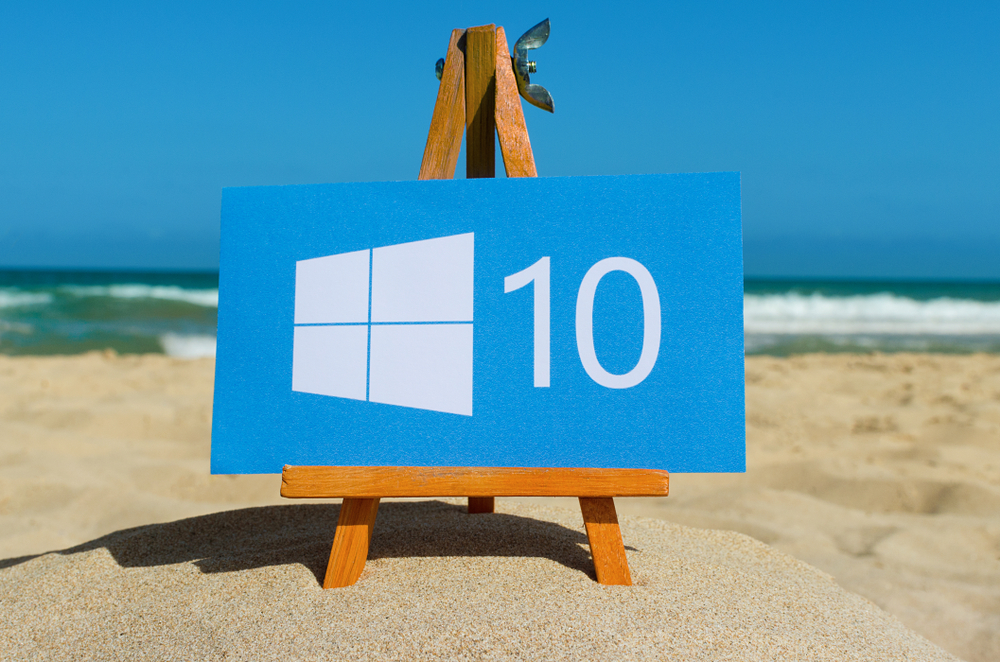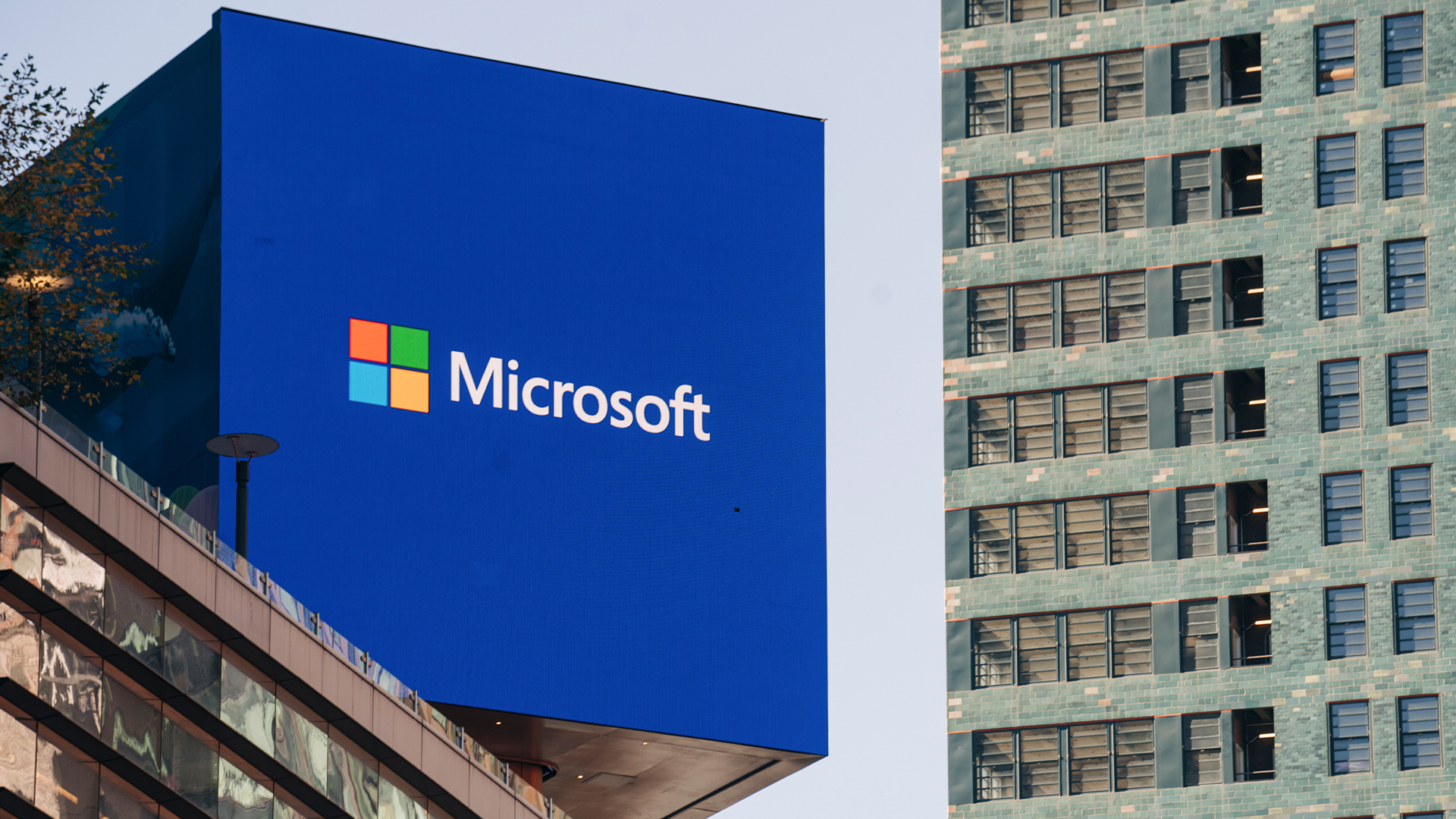Microsoft to roll out Windows 10 'sandbox extension' for Chrome and Firefox
The tool launches an isolated session so enterprise users can browse 'untrusted' websites risk-free


Sign up today and you will receive a free copy of our Future Focus 2025 report - the leading guidance on AI, cybersecurity and other IT challenges as per 700+ senior executives
You are now subscribed
Your newsletter sign-up was successful
Microsoft has begun testing an in-browser security tool for Chrome and Firefox that serves as a 'sandbox mode' which lets users safely access untrusted websites without fear of infecting their machines.
The Windows Defender Application Guard extension, which already exists for the Edge browser, automatically redirects websites that haven't already been whitelisted to an isolated 'sandbox' environment. This effectively disconnects the browsing session from a user's physical machine and its data and files.
Just as it works on Edge, the extension checks the URL against a list of trusted sites defined by an organisation's enterprise administrator and guides a user to an isolated session. Users can then use this session to freely browse any non-white listed sites without fear of sustaining an infection.
Microsoft is now testing the feature before rolling this out as part of its next major flagship update for Windows 10, dubbed 'April 2019' or 19H1. The extension is currently online live for Windows Insiders, and users will need Windows 10 Pro or Enterprise installations to use the feature when it goes live in Spring.
The browser extension works based on an organisation's group policy, meaning once it's established by a network administrator it can be applied on devices across an entire company. The tool can also be configured by network isolation or application, according to Microsoft's guidelines.
When installed and fully deployed, users will see a Windows Defender Application Guard landing page when they open either Chrome or Firefox. Then, during the normal browsing experience, non-whitelisted URLs will open in a new Application Guard window. Users can also initiate a sandbox session themselves by toggling a switch in the menu settings.
However, the extension won't open this 'sandbox' session in a user's native browser of choice, i.e. Chrome or Firefox, but on an isolated Edge tab, meaning they will be forced into using Edge when browsing untrusted sites if their organisation implements the tool.
Sign up today and you will receive a free copy of our Future Focus 2025 report - the leading guidance on AI, cybersecurity and other IT challenges as per 700+ senior executives
The extension is among a suite of security features Microsoft has been developing for enterprise users. Microsoft has also recently extended the idea of 'sandboxing' the user experience to desktop browsing, with this idea making its way into a future feature for Windows 10.
The Windows Sandbox desktop tool, which is currently being tested, will launch enterprise users into a virtual machine-like desktop environment when running suspicious software.
It will allow users to run applications in a clean Windows 10 installation in a windowed application, without having to run a fully-fledged virtual machine, eliminating the risk of opening potentially malicious apps on a work machine.

Keumars Afifi-Sabet is a writer and editor that specialises in public sector, cyber security, and cloud computing. He first joined ITPro as a staff writer in April 2018 and eventually became its Features Editor. Although a regular contributor to other tech sites in the past, these days you will find Keumars on LiveScience, where he runs its Technology section.
-
 Why Anthropic sent software stocks into freefall
Why Anthropic sent software stocks into freefallNews Anthropic's sector-specific plugins for Claude Cowork have investors worried about disruption to software and services companies
-
 Dell Technologies eyes fresh market opportunities with 2026 partner program
Dell Technologies eyes fresh market opportunities with 2026 partner programNews The tech giant has updated its channel program with new incentives and initiatives to drive partner growth
-
 UK government launches industry 'ambassadors' scheme to champion software security improvements
UK government launches industry 'ambassadors' scheme to champion software security improvementsNews The Software Security Ambassadors scheme aims to boost software supply chains by helping organizations implement the Software Security Code of Practice.
-
 So much for ‘trust but verify’: Nearly half of software developers don’t check AI-generated code – and 38% say it's because it takes longer than reviewing code produced by colleagues
So much for ‘trust but verify’: Nearly half of software developers don’t check AI-generated code – and 38% say it's because it takes longer than reviewing code produced by colleaguesNews A concerning number of developers are failing to check AI-generated code, exposing enterprises to huge security threats
-
 Windows 10 end of life has passed – here's your business guide to Windows 11
Windows 10 end of life has passed – here's your business guide to Windows 11In-depth As Windows 10's mainstream support ends, it's time for businesses who have yet to upgrade to take a second look at Windows 11
-
 Windows 10 end of life could create a major e-waste problem
Windows 10 end of life could create a major e-waste problemNews The study marks the latest Windows 10 end of life e-waste warning
-
 Windows 10 extended support costs could top $7 billion
Windows 10 extended support costs could top $7 billionNews Enterprises sticking with Windows 10 after the October deadline face huge costs
-
 A Windows 11 update bug is breaking SSDs – here’s what you can do to prevent it
A Windows 11 update bug is breaking SSDs – here’s what you can do to prevent itNews Users first began reporting the Windows 11 update bug last week
-
 The Windows 11 migration conundrum: What role can the channel play?
The Windows 11 migration conundrum: What role can the channel play?Industry Insights Resellers are instrumental to making the right choice about the next steps...
-
 84% of software developers are now using AI, but nearly half 'don't trust' the technology over accuracy concerns
84% of software developers are now using AI, but nearly half 'don't trust' the technology over accuracy concernsNews AI coding tools are delivering benefits for developers, but they’re still worried about security and compliance